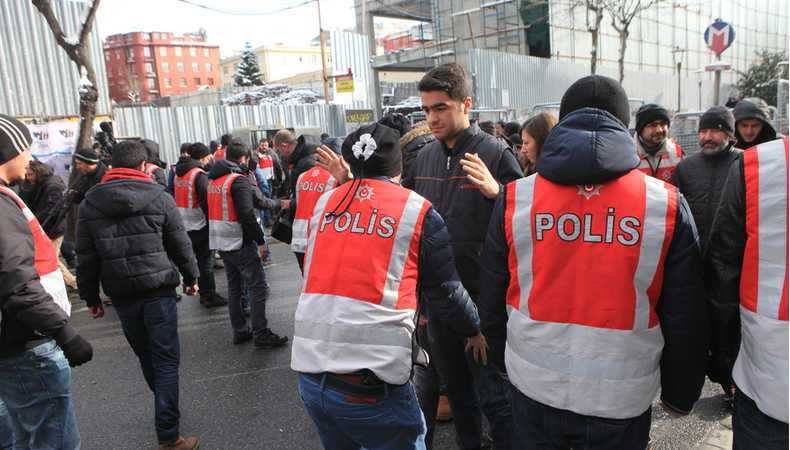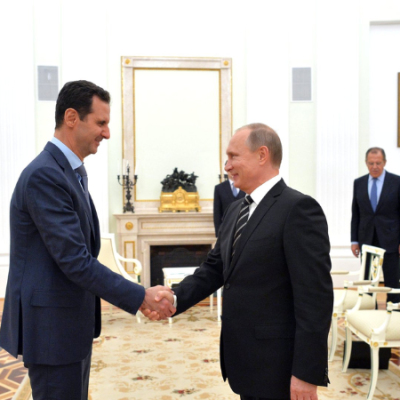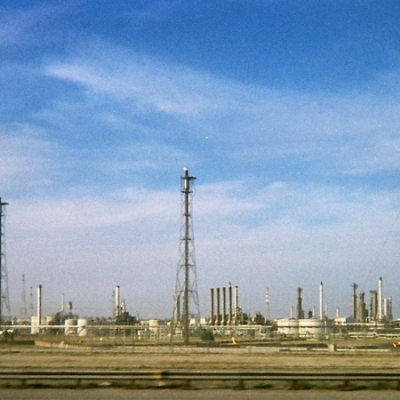For the seventh consecutive year, Turkish authorities ban the gay pride

For the seventh consecutive year, Turkish authorities have banned the LGBTI+ Pride March, scheduled for tomorrow in the Maltepe neighborhood on the Asian outskirts of Istanbul, at the height of Pride Week events. In its ruling, the prefecture of Istanbul said it did not consider the Pride demonstration “appropriate” for reasons of security and public order, arguing that the event could lead to “provocative actions and events.”
“They will not be able to prevent LGBTI + people from getting together and making themselves visible,” say the organizers, announcing that they still want to keep the march. In recent days, the police had already intervened by dispersing some city events and stopping several activists.Pride took place peacefully in Turkey until 2014, bringing up to one hundred thousand people to the streets. From the following year, Turkish president Erdogan banned the demonstration, and the police severely repressed attempts to take to the streets anyway.
According to Human Rights Watch (HRW), banning LGBTI activities and events is becoming routine and widespread in Turkey. Bans on the Istanbul Pride March and Trans Pride March have been followed by the Ankara Governor’s November 2017 ban on all LGBTI-related events in the city and the cancellation of LGBTI events in several other cities in Turkey.LGBTI and human rights activists have filed several criminal complaints against these government bans and various threatening groups. Restrictions on freedoms of expression, assembly, and association for LGBTI people in Turkey not only violate those fundamental human rights, but place Turkey in violation of its international obligations.
Among the member countries of the United Nations, there are 69 that consider same-sex relations a crime.In some of these, however, as in Tunisia, it is above all a formality and the demonstrations are held anyway. In 37 other African states, participation in Pride is strongly opposed. The most decisive, and often bloody, actions in this sense take place in Nigeria, Kenya, and Uganda.
In Asia, there are 21 countries where it is illegal to wave the rainbow flag. Among them are some important political and commercial partners of the West, such as Iran and Qatar, but also Afghanistan, and Yemen, a state in which a Pride procession has never been held, even unofficially. In all these, even in the more modern ones, Sharia is in force, the Islamic sacred law, which prohibits any kind of homosexual behavior.Further east, there is opposition to the march of the military regime of Myanmar and the North Korean regime of Kim Jong-un. Even in China, where until 2019, for ten years, one of the most representative parades in the world, the Shanghai Pride, was held, the 2020 event was canceled. The same fate has struck this year.
In Europe, the situation is not much better. Russia, despite repeated appeals from the European Court of Human Rights, the Moscow court in 2012 banned LGBTI + walking for the next 100 years. Pride is also illegal in St. Petersburg. In Poland, however, the ban imposed in Warsaw in 2005, was declared illegal, while in Hungary, despite the controversial anti-LGBTI + law and the conservative attitude of the Orbàn government, demonstrations are held regularly.



